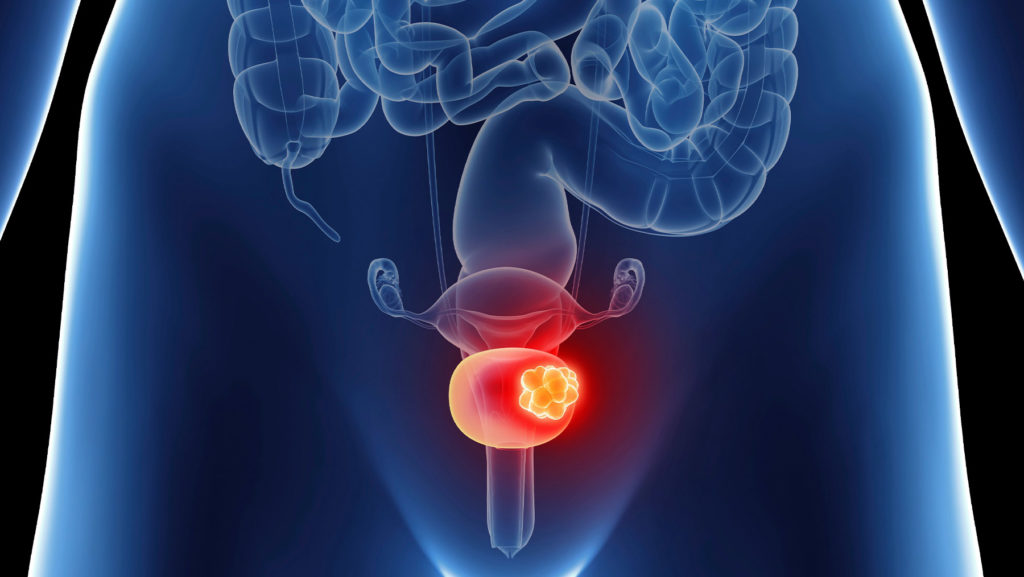What you need to know about Bladder Cancer Treatment
Contents
- 1 What you need to know about Bladder Cancer Treatment
- 2 What Does the Procedure Involve?
- 3 How Long Should You Stay in the Country?
- 4 How Long is the Recovery Time?
- 5 What Aftercare Should You Consider?
- 6 What is the Success Rate for a Bladder Cancer Treatment?
- 7 Are there Alternatives to a Bladder Cancer Treatment?
- 8 What Should You Expect Before and After the Procedure?
There are various treatment options for Bladder Cancer. The best treatment for you depends on several factors, including the type of cancer, the stage of cancer, the grade of cancer, as well as your general health and your preferences. The treatment may include surgery, intravesical chemotherapy, systemic chemotherapy reconstruction, radiation therapy, immunotherapy, or a combination of these procedures.
What Does the Procedure Involve?
Surgery for bladder cancer involves removing the tumor as well as some surrounding healthy tissues and is performed under general anesthetic. With intravesical chemotherapy, drugs are delivered into your bladder through a catheter, while with systemic chemotherapy, the drugs are given through a vein in your arm (intravenously). If you are recommended to undergo radiation therapy, your doctor uses high-energy beams to destroy the cancer cells. For immunotherapy, your body’s immune system is signaled to help fight cancer cells.
For Questions and Answers about Bladder Cancer Treatments, watch this short video.
How Long Should You Stay in the Country?
Your length of stay in the local area depends on which procedure you underwent. If you had surgery, you should stay for about 14 days to allow your body to heal and attend to follow-up checkups. For therapy, the number of cycles needed for your specific case determines your length of stay.
How Long is the Recovery Time?
It can take around 12 weeks until you are fully recovered from bladder cancer surgery, but you should be able to return to work earlier than that if your job is not physically demanding. After any type of therapy, you should be able to go back to work the following day or when you do not experience any symptoms that interfere with your day-to-day life.
What Aftercare Should You Consider?
Your doctor will give you detailed post-operative instructions, including exercise and dietary restrictions. You will have to schedule follow-up checkups and testing with your local doctor, which can vary from every three months to every six months.
What is the Success Rate for a Bladder Cancer Treatment?
In general, bladder cancer treatment is effective. However, each type of treatment carries their own side effects and risks, such as weakened immune system, infection, diarrhea, tiredness, inflammation of the bladder (cystitis), damage to nearby organs, high risks of erectile dysfunctions for men (around 90% for surgery and 30% for radiation therapy), and narrowed vagina for women.
Are there Alternatives to a Bladder Cancer Treatment?
You should discuss with your doctor what your best options are if you do not want to undergo any treatments mentioned above. You can also undergo treatment to relieve only the symptoms. If your cancer is at an advanced stage, you may be referred to a palliative care.
What Should You Expect Before and After the Procedure?
Bladder cancer can be dangerous, cause painful symptoms, and spread to other organs. After treatment, your painful symptoms should be relieved and the chance of cancer spreading to other parts of your body will be significantly reduced. In some cases, there is no cancer detected in the body after successful treatment, which means you are in remission or having “no evidence of disease” (NED).
To check prices or to book a Bladder Cancer Treatment in Thailand or anywhere else in the world, head on over to MyMediTravel now!

